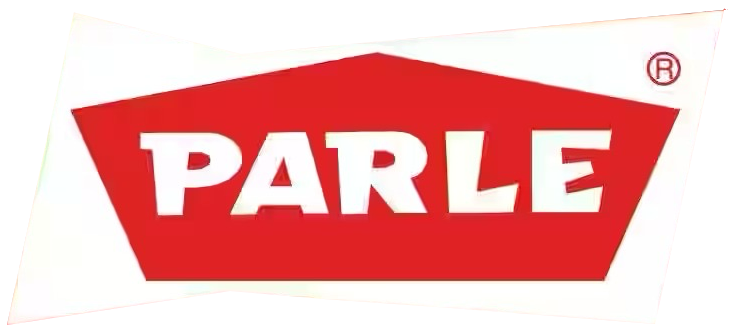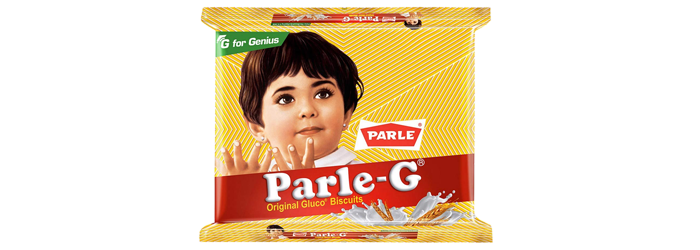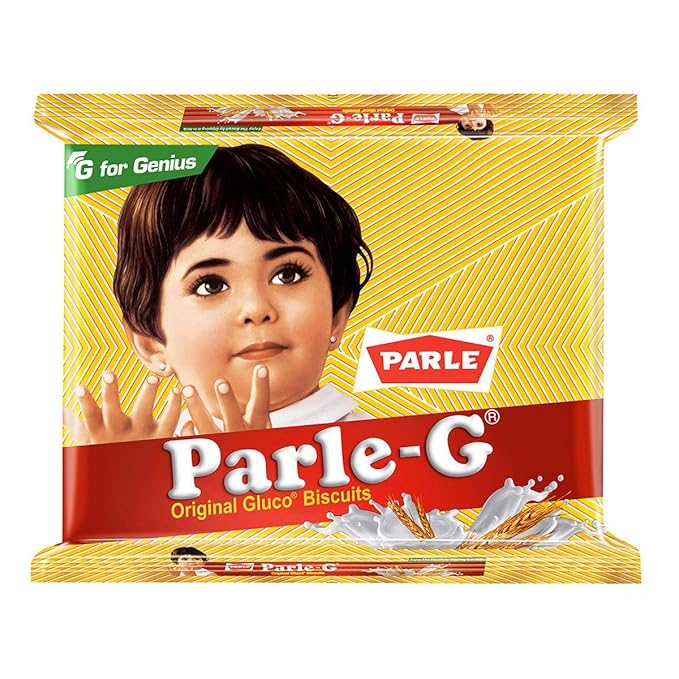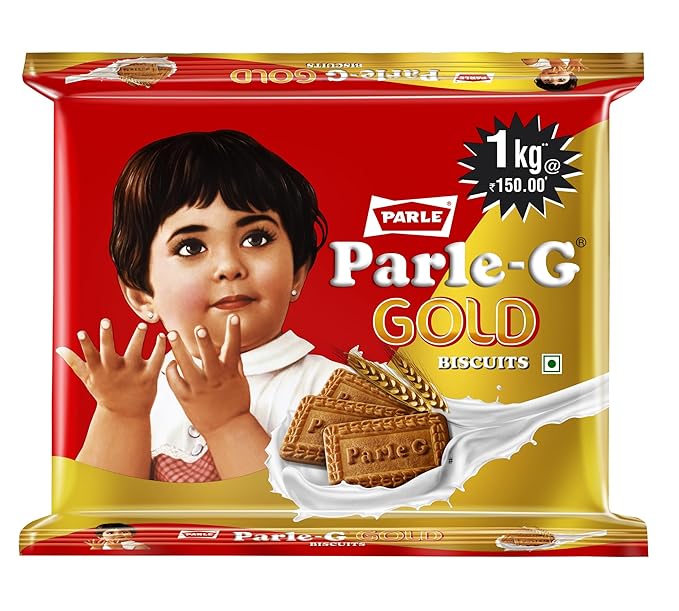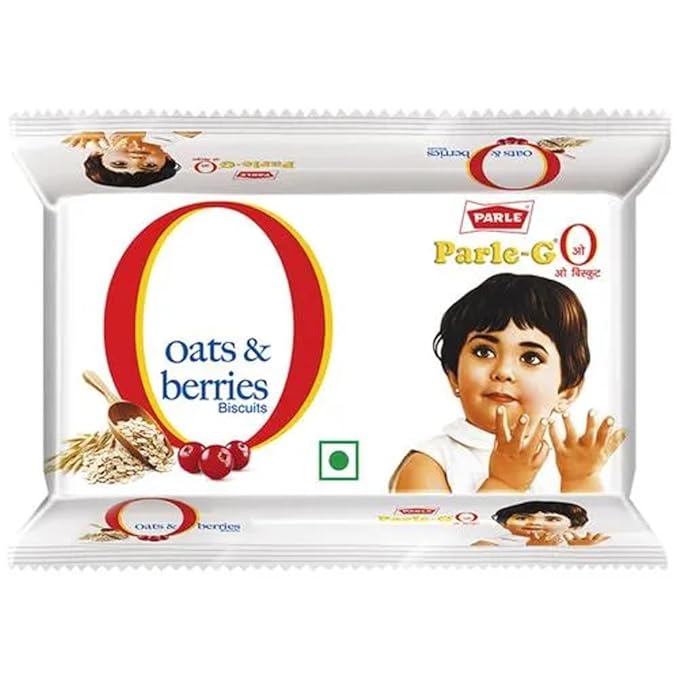Brand Overview
Brand:
Parle-G
Parent Company:
Parle Products Pvt. Ltd.
Core Categories:
Foods
Taglines Over the Years:
G for Genius (earlier: Swad Bhare, Shakti Bhare)
Historical Context & Market Entry
India in the 1930s–40s:
- Biscuits were a British legacy, largely imported and expensive.
- Local substitutes were scarce.
- Indian consumers wanted affordable alternatives that were hygienic and filling.
- Parle Products, founded in 1929, aimed to create swadeshi food alternatives.
- Parle-G (then simply "Parle Gluco") launched as India's first branded glucose biscuit in 1939.
- Became a symbol of nationalism, offering an Indian option to imported biscuits.
Marketing Mix (4Ps)
Product Strategy
Core Product Features:
- Glucose-based biscuit with high energy value.
- Sweet, simple taste appealing across age groups.
- Designed for mass consumption and long shelf life.
- Changed from wax-paper to modern laminated packaging in the 1980s.
- Introduced smaller SKUs (₹2, ₹5 packs) for affordability.
- Flank brands: Parle-G Gold, Hide & Seek Fab, Krackjack, Monaco.
Pricing Strategy
- Ultra-affordable, value-for-money positioning.
- Parle-G has long been dubbed the world's largest-selling biscuit by volume, thanks to mass pricing.
- Price points as low as ₹2 and ₹5 helped reach deep rural India and lower-income households.
- Rare price hikes — even amid inflation, Parle maintained affordability by optimizing pack sizes.
Promotion Strategy
Brand Messaging:
- Emphasis on energy, strength, and nutrition.
- Connect with the Indian middle-class and rural poor.
- Parle-G Girl: The bespectacled girl on the wrapper (created in the 1960s), became a cultural icon.
- Taglines:
- “Swad Bhare, Shakti Bhare”
- “G means Genius” (2000s repositioning for a younger audience)
- Early use of radio jingles, then TV and print.
- 1990s: Strong school-related messaging (children, tiffin, exams).
- Digital campaigns in the 2010s leaned on nostalgia and cultural pride.
- Minimal celebrity endorsements – the brand itself is the hero.
Distribution Strategy
- Parle-G is ubiquitous – found in:
- Urban supermarkets
- Kirana stores
- Rural haats and stalls
- Railway platforms, bus depots, schools, tea stalls
- Robust rural distribution made it the first FMCG product in many remote Indian homes.
- 6 million retail outlets, 130+ warehouses, widespread 3-tier distribution network.
Competitive Landscape
Early Competition:
- Britannia's glucose biscuits
- Local/regional players
Later Rivals:
- Sunfeast (ITC), Priya Gold, Anmol, Patanjali, new-age D2C snack brands
Parle-G's Edge:
- Price leadership
- Brand nostalgia
- Unmatched reach and familiarity
- Consistency in taste, value, and identity
Challenges & Responses
Challenges:
- Rising raw material and packaging costs
- Evolving consumer preferences toward premium/boutique foods
- New entrants in the biscuit and snacking space
- Perceptions of glucose biscuits as old-fashioned
- Resisted unnecessary change – focused on core brand promise
- Introduced flankers and premium variants like Parle-G Gold
- Reinvested in nostalgic marketing and rural presence
- Leveraged volume over margins to stay competitive
Consumer Perception & Cultural Legacy
- Parle-G is not just a brand — it is part of India's cultural DNA.
- Evokes trust, familiarity, and childhood nostalgia.
- For many Indians, first snack ever eaten.
- Has featured in art, memes, social commentary, and even academic papers on consumer behavior.
Impact & Legacy
- Pioneer of mass food branding in India.
- Helped shape the glucose biscuit category and rural packaged food market.
- Created an enduring image of “everyman nourishment”.
- Maintained market leadership in a commoditized category for decades.
Current Position (as of 2025)
- Over 400 million packs sold per month
- India's top-selling biscuit by volume and reach
- Exported to over 100 countries
- Still priced to suit the lowest economic rungs
- Expanded into digital engagement via nostalgia-themed campaigns
Key Learnings
- Affordability + availability = unbeatable market penetration
- In low-involvement categories, trust and nostalgia matter more than novelty
- Staying true to core values can be more powerful than aggressive reinvention
- Distribution is strategy — especially in a price-sensitive country like India
Summary
Parle-G's journey is a story of simplicity, scale, and staying power. From pre-Independence swadeshi roots to post-liberalization resilience, Parle-G has proven that a humble glucose biscuit can be a powerful brand — one that fed generations, bridged income divides, and embedded itself into the soul of a nation.

